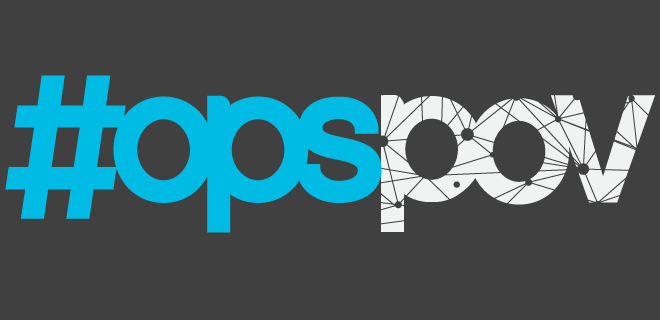
A World Without CPG Spend?
Okay, maybe we shouldn’t be bracing for a world without CPGs dollars, but maybe we should be ready for a substantial reduction in their digital spending. Procter & Gamble famously slashed its digital ad spend by $100 million earlier this year and cut off the long tail of the sites it buys from, reducing the number of those sites by an order of magnitude. And the company says its ad performance hasn’t been hurt by those moves. In a post this week on his site The Drift, Doug Weaver predicts those who had been hoping P&G’s money would come back after MRC accreditation takes effect (ostensibly helping to clear up the measurement and fraud issues the company was pushing the industry to fix) might just have to keep hoping forever. Weaver wants to know: What’s the role of digital advertising in CPGs’ efforts when Amazon is such a force in the retail market, and when Amazon demands manufacturers provide discounts on their goods? “I wonder if advertising isn’t being seen now as a cost center to be managed, and if the goal might be to buy less and less of it,” he muses.
The Duopoly Works Well for Oath
There are tons of reasons why Google and Facebook’s dominance of the advertising market is so troublesome to just about everyone else in digital–including that those two companies provide so much scale, marketers will feel less and less of an incentive to spend with anyone else. But Jay Seideman, Oath’s SVP of Demand Sales, pointed out at a MediaPost panel during Advertising Week that some of the bigger spenders in the ad world want more than two options. “Bigger buyers who want a mass market don’t want to be pigeonholed into a single solution or two solutions,” Seideman explained, adding that Oath has been hearing from ad clients expressing frustration with one or both of the Big Two. One of Oath’s benefits in this game, he said, is that it gives clients a lot of freedom to do what they want with verification. He predicted Oath will see more gains in the next 18 months. “There’s a window for another big player, maybe two big players,” Seideman said. Could it be Oath? Well, very few other players have even remotely the same scale as Verizon-backed Oath…
Hidden Ad Tech Fees in the Spotlight
Meanwhile, though, AdExchanger reported that marketers are getting more comfortable with Google and Facebook. P&G’s Chief Brand Officer Mark Pritchard himself commended the Duopoly companies for addressing marketers’ calls for brand safety on their platforms. Instead, marketers are directing more of their ire toward third-party tech vendors for sucking up a share of their ad spend.
Apparently Adobe is listening. That company wants all of its ad tech partners to disclose any fees they charge to advertisers and publishers, which will then be revealed inside the Adobe Advertising Cloud system. Disclosure will be a requirement for Adobe to play ball with those partners. Brett Wilson, Advertising at Adobe’s Vice President and General Manager, told Business Insider that his company has been committed to transparency, but about a third of the ad tech partners they work with charge hidden fees. Oath, Pubmatic, Rubicon Project, Index Exchange, TripleLift and SpotX are among the partners who have agreed to comply and disclose their fees so far.
Before the Election, Russian Operatives Bought Ads on YouTube, Too
This week Google revealed Russian entities had bought ads across all its properties–which of course includes YouTube, but also Gmail, search and DoubleClick–in efforts to influence the 2016 U.S. presidential election by spreading disinformation. The Washington Post reports sources familiar with the investigation say the Russian ad spend was in the tens of thousands of dollars, but less than $100,000–roughly the amount a Russian troll farm spent on Facebook ads prior to the election, in another high-profile case. It’s unclear how many of the ads purchased through Google came from trolls and how many from legitimate accounts. At the same time, it doesn’t appear the same troll farm that plagued Facebook is to blame, according to the Post’s reporting. That indicates the Russian interference operation could be more widespread than originally expected. Google hasn’t yet said whether it’ll testify before Congressional investigators exploring the matter on Nov. 1. Facebook and Twitter have said they will.